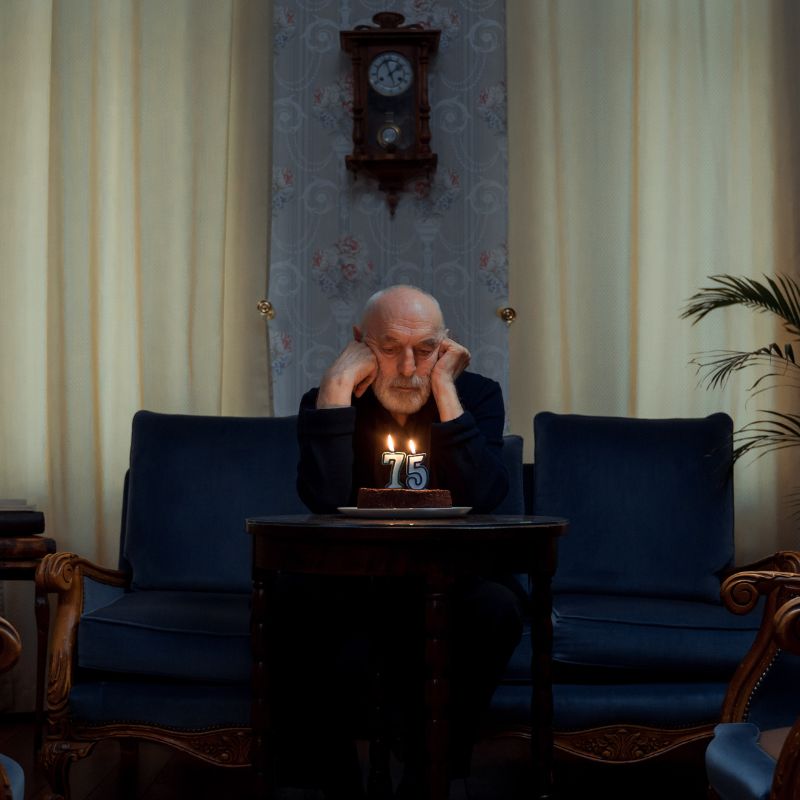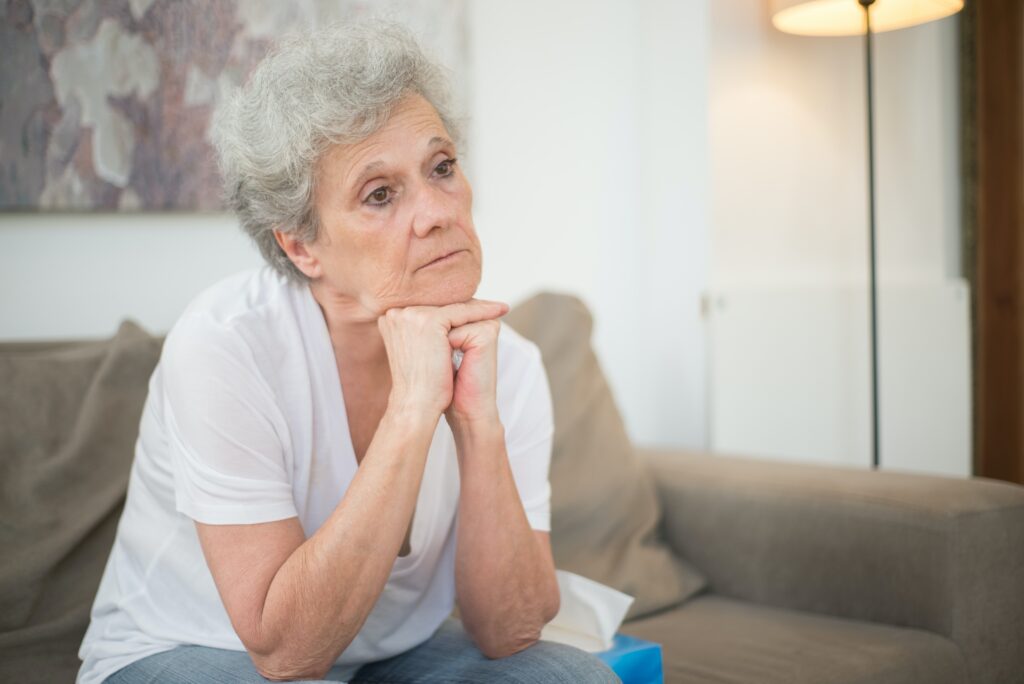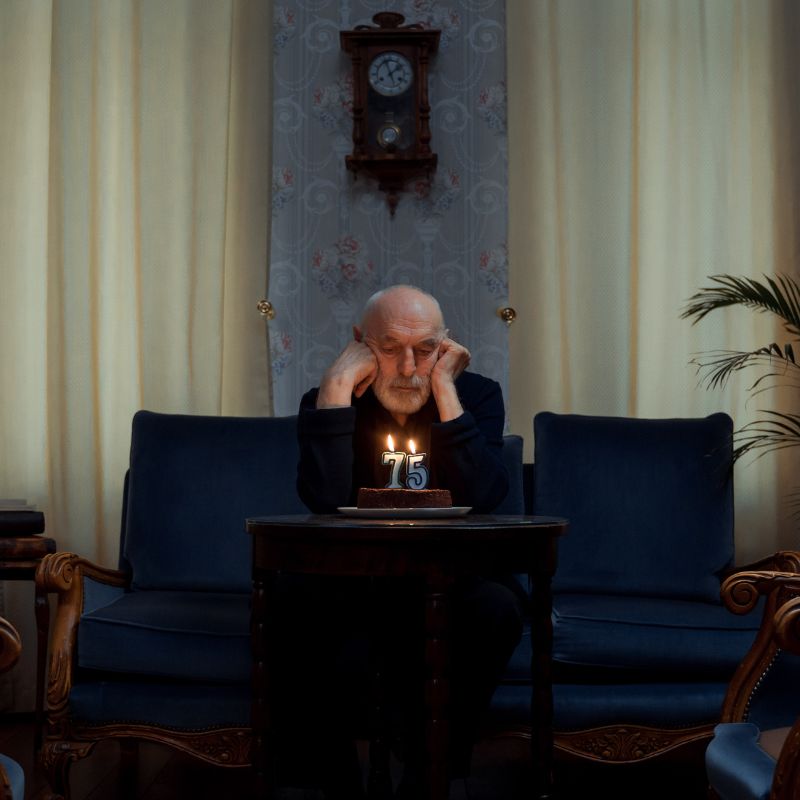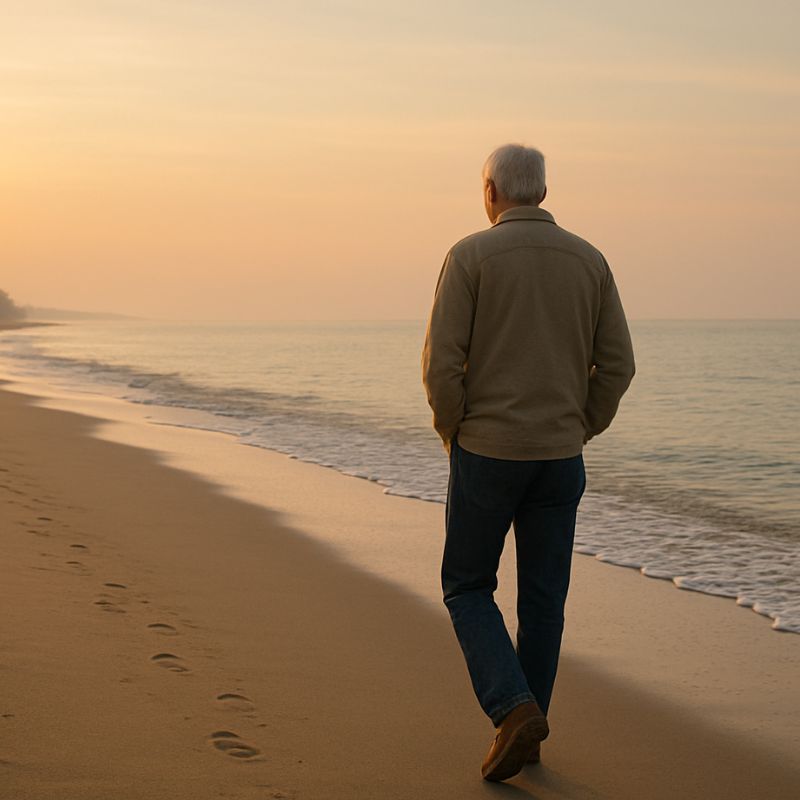Note: This is another in a series of blogs related to a book project I’ve been writing for some months. The book is called, The Slightly Older Person’s Guide to Graceful Aging.

What would your life be like if you were viewing it through a pair of glasses you never took off and that were both filthy, and the wrong prescription? What you’d think you were seeing would probably have no relationship to what was actually in front of you.
Wearing these glasses, how good could the quality of your life possibly be? Believe it or not, we all do this to ourselves without even knowing it. The means by which we do this is through believing thoughts that seem absolutely true but have no basis in reality.
Because the experience of reality each of us has is available to us only through our thinking, you could say with complete accuracy that thought is the mediator of our sense of reality.
It would be difficult to find an area of thinking more populated by untrue beliefs than our thinking about growing older. Received wisdom tells us that old age is a time of loneliness, disappointment, contracting possibilities, and diminishing physical and mental resources.
But received wisdom is nothing more than beliefs we take for granted without subjecting them to close examination.
It’s a strange sensation for me to remember that I can speak with some authority about old age, but the simple fact is, I’m 72 years old. The life I’ve already lived is far longer than the life I have yet to live.
All the more reason for me to be interested in seeing old age without the filthy, wrong-prescription glasses. Here’s some of what I’ve seen.
My generation, those born in the years after World War II, came of age in a time where youth was given a stronger emphasis and higher value than ever before. This increased focus on youth made us decide we were going to define for ourselves what old age meant. (We also believed, like every generation since, that we were never really going to grow old. So much for that one.)
It’s interesting to see pictures of our parents or grandparents at forty alongside pictures of how we looked at the same age. It’s clear that earlier generations bought into the idea of forty as already being old in a way that my generation didn’t.
There were plenty of beliefs about what old age meant that we rightfully tossed aside. We’re doing things in our 60s, 70s, and beyond that earlier generations probably never would have dreamed of doing. But we’re also buying into certain beliefs about aging that are as untrue as the belief that a forty year-old can no longer wear certain clothes, or engage in certain physical activities.
What seems to lend these untrue beliefs the illusion of truth is the undeniable physical evidence of aging bodies, and aging minds.
However well we’ve taken care of ourselves, this evidence is undeniably true. What that evidence means is another story entirely, and that’s what we’re concerned with here.
Seeing and feeling ourselves age can seem to have a particular meaning; that debilitation, disorientation, and worthlessness are where we’re heading.

The sort of thought that takes us in a downward direction sounds like this: “my body is getting old, and that means…” Believing that some link exists between your aging body and a “meaning” is a complete fiction. Though the physical signs of aging are impossible to ignore, the single thing they mean is that your body is aging.
What you choose to do with the rest of your life has less connection to your physical condition than you could ever believe. Those of us with physical impairments have certain activities we really just can’t do anymore.
I can speak from experience about that. I loved to play tennis, fence, and run, but injuries and aging joints make those particular activities impossible for me now. I can honestly say that, as much as I loved doing those things, and occasionally miss them, I don’t spend any time mourning my lost abilities. My life feels too full of other ways to express my body and mind.
If I believed there was some meaning attached to those activities I’ve left behind, I’d be suffering, and that suffering would probably lead me to believe my life was contracting. Because I don’t believe there’s any meaning other than that my body is aging, I have the luxury, at 72, of feeling my possibilities and my life expand.
A sense of expanding possibilities is available to anyone, at any age, in any life circumstances. All that’s required is a willingness to examine whether your physical signs of aging have any meaning other than the meaning you give them.

If you would like to know when The Slightly Older Person’s Guide to Graceful Aging comes out, please click here to put your name on the list. To read my other articles, click here.




